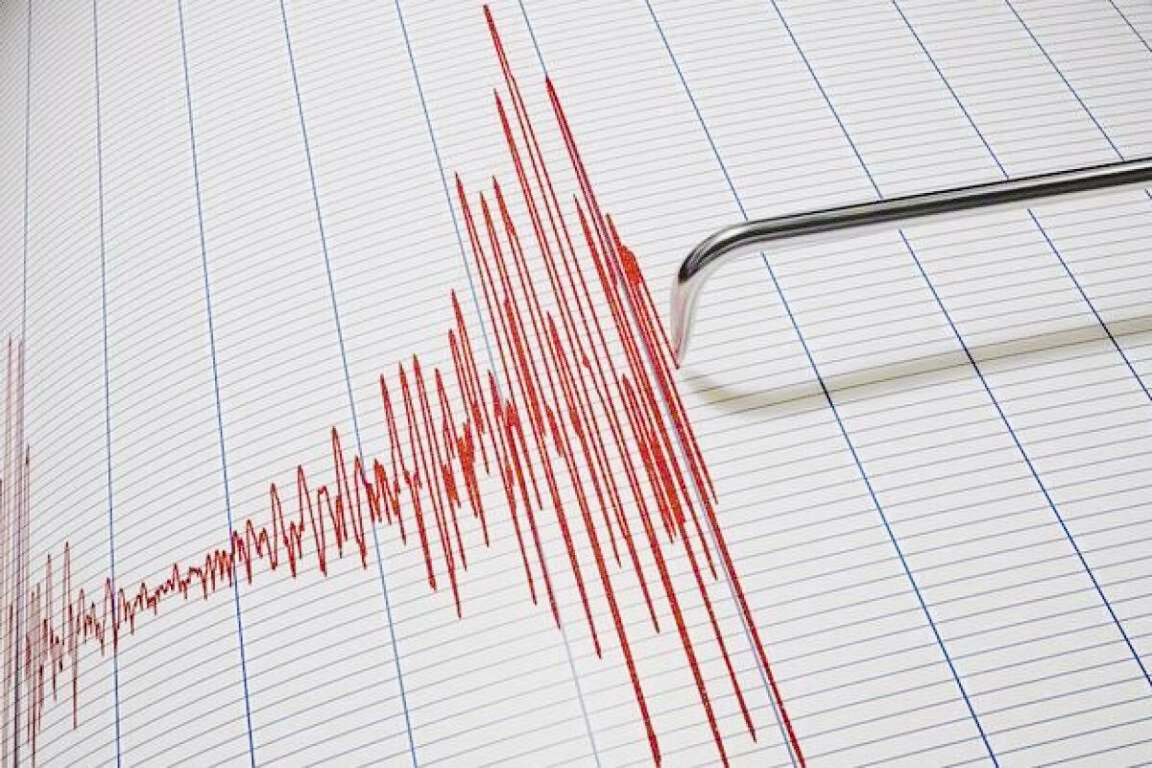A new earthquake measuring 5.4 on the Richter scale struck southeastern Afghanistan early this Friday, according to the German Research Centre for Geosciences, at a time when the country is still reeling from previous earthquakes that left thousands of victims and displaced persons.
This earthquake came hours after a strong tremor hit eastern Afghanistan last Thursday evening, where the German Research Centre for Geosciences (GFZ) reported that the earthquake had a magnitude of 6.2 and occurred at a depth of 10 kilometers, raising concerns about the worsening humanitarian situation in the affected areas.
For its part, the Euro-Mediterranean Seismological Centre reported that the earthquake had a magnitude of 6.1 and occurred in the Hindu Kush mountain range in the eastern part of the country, about 46 kilometers northeast of the city of Jalalabad, at a depth of 42 kilometers below the surface.
The United States Geological Survey confirmed that the earthquake occurred at 8:30 PM local time (3:00 PM GMT) on Thursday, about 14 kilometers from the city of Jalalabad in Nangarhar province, with a magnitude of 5.6 and at a depth of 10 kilometers, indicating unusual and accelerating seismic activity in the region in recent days.
These successive tremors come in the wake of a devastating earthquake that struck eastern Afghanistan last Sunday, claiming the lives of more than 2,200 people, injuring over 3,600 others, and destroying several villages in the provinces of Kunar and Nangarhar, displacing tens of thousands of residents.
The first earthquake was described in reports as one of the most violent earthquakes the country has experienced in recent years, with a magnitude of 6.0 and occurring at a shallow depth of 10 kilometers, which increased the scale of destruction and human and material losses.
Meanwhile, the United Nations and international relief agencies have warned of an imminent humanitarian crisis in the affected areas, emphasizing the urgent need for food, water, shelter, and medical care, amid difficulties in delivering aid to some remote areas.
Survivors are facing extremely harsh conditions, as temporary camps lack the minimum essentials for life, with ongoing aftershocks and fears of further earthquakes.
The international community is called upon today more than ever to provide urgent support to Afghanistan, to save thousands of threatened lives and to rebuild what the disaster has destroyed.

